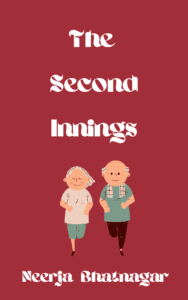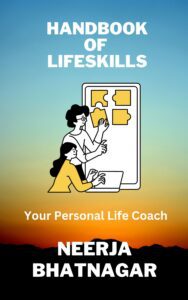🎭 In the bustling streets of Indian towns and cities, where life unfolds in all its chaos and colour, a powerful form of storytelling quietly takes centre stage—Nukkad Natak. Derived from the Hindi words “nukkad” (street corner) and “natak” (drama), this grassroots form of theatre has been educating, entertaining, and awakening people for decades.
It is not just performance—it’s protest, awareness, education, and emotion all rolled into one.
🧱 The Origin of Street Theatre in India
Nukkad Natak traces its roots to folk theatre traditions like nautanki, tamasha, and jatra. But it emerged as a distinct form of protest theatre in the 1970s and 1980s, during the political unrest and student movements. Theatre groups like Jana Natya Manch (Janam), led by Safdar Hashmi, took socially relevant messages to the public, right where they lived and worked.
Hashmi’s performances on labour rights, women’s safety, and education were powerful, simple, and direct. His legacy lives on today in every street performance that seeks to shake the audience out of apathy.
🎤 Why Nukkad Natak Matters
- Accessible and Inclusive
You don’t need a ticket, a seat, or even a stage to experience Nukkad Natak. It brings theatre to the people—on sidewalks, in markets, school grounds, and slums. - Powerful Messaging
Whether it’s about child marriage, gender equality, education, hygiene, addiction, corruption, or caste discrimination, nukkad nataks address the real issues that affect common people. - Interactive and Immersive
Performers break the fourth wall. They talk directly to the audience, involve them, and often end with slogans or chants that are repeated together. - Language of the People
Performed in local dialects and colloquial language, the messaging is straightforward and emotionally resonant.
🧠 Impact on Society
Nukkad Nataks are widely used by:
- NGOS and government bodies for awareness campaigns.
- Educational institutions to build confidence and raise social consciousness among students.
- Activists to voice political dissent or call for civic responsibility.
A well-executed street play can create more impact than a pamphlet or a lecture because it appeals both to emotion and intellect.
💡 Elements of a Powerful Nukkad Natak
- Strong script rooted in truth
- Minimal props and costumes
- Live music or dholak beats for rhythm and attention
- Chorus-style narration to drive home the message
- Clear call to action for the audience
🕊 The Legacy Lives On
From urban colleges to rural campaigns, Nukkad Nataks continue to thrive. In the digital age, many are now also recorded and shared widely, reaching audiences beyond physical boundaries.
These street plays remind us that you don’t need a spotlight to shine—sometimes, you only need a voice, conviction, and a street corner.
✨The Voice of the Common Man
Nukkad Natak remains a mirror to society, reflecting its flaws and potential. It’s a theatre form that does not entertain to escape reality—it entertains to transform it.
So the next time you come across a street play, don’t just pass by. Stop. Listen. Engage. You might walk away changed.
Have you ever watched or participated in a Nukkad Natak? Share your experience in the comments below!
Blogchatter A2Z powers this post.
I am participating in this month-long challenge hosted by Blogchatter. You can check out my other posts about this challenge here.
Neerja Bhatnagar
Feel free to connect with me on social media to stay updated on more content like this!
Instagram | Facebook | YouTube |Twitter |Podcast |
I have written 3 solo books and 3 anthologies. You can buy my books on Amazon. If you are on Kindle Unlimited, you can read them for free. Pls, do check and share your reviews.




That was a really great insight about the Nukkad Nataks. I have personally never witness one yet, though I have heard it’s an amazing experience.
Thankyou Nibha for your appreciation. I hope, you get a chance to enjoy a nukkad natak soon.
nukkad natak everytime reminds me of the concept of storytelling thats really old and theatre started from the streets and of course the safdar hashmi who lives on as a symbol of resilience
Very true, Sukaina. Safdar Hashmi played avery important role in popularising the nukkad nataks. I had performed few times in my younger days in nukkad natak. It is fun to perform as well as fun to watch.